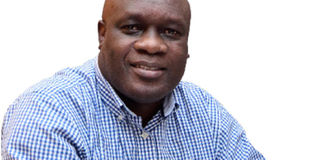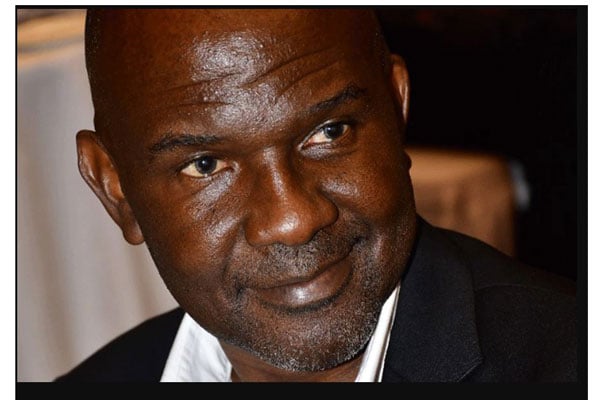Fake news: Where does it start, who spreads it?

Odoobo C. Bichachi
What you need to know:
- Created by individuals . Fake news is usually created by individuals with a political, social or economic agenda and it is spread through bots (short for robots – computer programmes that use artificial intelligence), trolls (human beings running multiple fake social media accounts) and through parody websites (these are news websites that mimic real ones which are popular).
The term “fake news” is one of the most common phrases in journalism and communication today, thanks to US President Donald Trump, who has popularised it through his constant attacks on the media – rightly or wrongly. Fake news existed before Trump and will exist long after he has left the White House, thanks to the growth of the internet and computer technology that has made it easy to produce and spread fake news.
In Uganda, like elsewhere in the world, fake news is mostly encountered on social media sites – Facebook, Twitter, WhatsApp, Instagram, etc, though it – from time to time – finds its way into mainstream media.
From a general perspective, fake news is propaganda or “yellow journalism” (tabloid journalism) that is deliberately created and disseminated to misinform in order to push a particular narrative which could be social, political or economic against particular individuals or groups.
Fake news relies on half information (or small truths) and a receptive unquestioning or ignorant audience to spread. However, fake news is not always fake as sometimes real news (or truthful news) is labelled as such by news subjects to discredit it. Again President Trump has excelled in this by describing all stories about him as “fake news” so that his supporters do not pay attention to it.
Is fake news an issue in Uganda media and should news consumers be worried about it? How does it affect the mainstream media – positively or negatively?
How do you know it is fake?
Well, if you consume mainly the mainstream media, you will encounter less of it but if social media is your primary source of information, then you are already encountering a lot of it. The most sustained fake news on the Uganda social media scene is in the realm of politics (think Kizza Besigye, Yoweri Museveni, Bobi Wine) and business (think Bank of Uganda, Crane Bank, dfcu), with a little portion of it in the social realm around some personalities (names withheld).
Thousands of fake stories have been created about the above personalities and their politics and about the closure of Crane Bank by Bank of Uganda and its subsequent takeover by Dfcu Bank that for many Ugandans, the truth has been lost somewhere between the fake and real news! The result is that many people end up making decisions based on misinformation with long-term consequences.
Fake news is usually created by individuals with a political, social or economic agenda and it is spread through bots (short for robots – computer programmes that use artificial intelligence), trolls (human beings running multiple fake social media accounts) and through parody websites (these are news websites that mimic real ones which are popular). It is picked from these and spread by you and me to our social media groups and sometimes it is given a bigger life by sloppy journalism whereby it is picked up and without verification published online or in print or broadcast on prime news.
How do you know it is fake? Sometimes it is not easy to tell what’s fake. However if you followed the guidelines below, lifted from https://en.wikipedia.org/wiki/Fake_news, chances are, you will spot it.
l Consider the source (to understand its mission and purpose)
l Read beyond the headline (to understand the whole story)
l Check the authors (to see if they are real and credible).
l Assess the supporting sources (to ensure they support the claims)
l Check the date of publication (to see if the story is relevant and up to date)
l Ask if it is a joke (to determine if it is meant to be satire).
Review your own biases (to see if they are affecting your judgment).
l Ask experts (to get confirmation from independent people with knowledge).
Remember, do not share unless you are sure it is true or else you could end up perpetuating fake news!
*****
READERS HAVE YOUR SAY
Kudos to NTV
I write to give feedback from the NMG prompt advert usually published in the Daily Monitor newspaper. NTV is doing an excellent job at covering economic, political and social stories in the public arena. Please keep it up! I specifically look forward to NTV Panorama because it covers deeper truths that may not be explained by the news bulletin.
-Racheal Ayanga
English or Luganda?
Refer to the story “Govt insists on final takeover of Face Technology” (Daily Monitor October 1, page 6, paragraph 3).
“There has been a back and forth rope pulling” sounds like a transliteration. Could your writers avoid this kind of writing? Luganda is Luganda, and English is English. You are misleading your readers on how to write, especially the youth.
-W. Kayondo
Send your feedback/complaints to
[email protected]
or call/text on +256 776 500725




